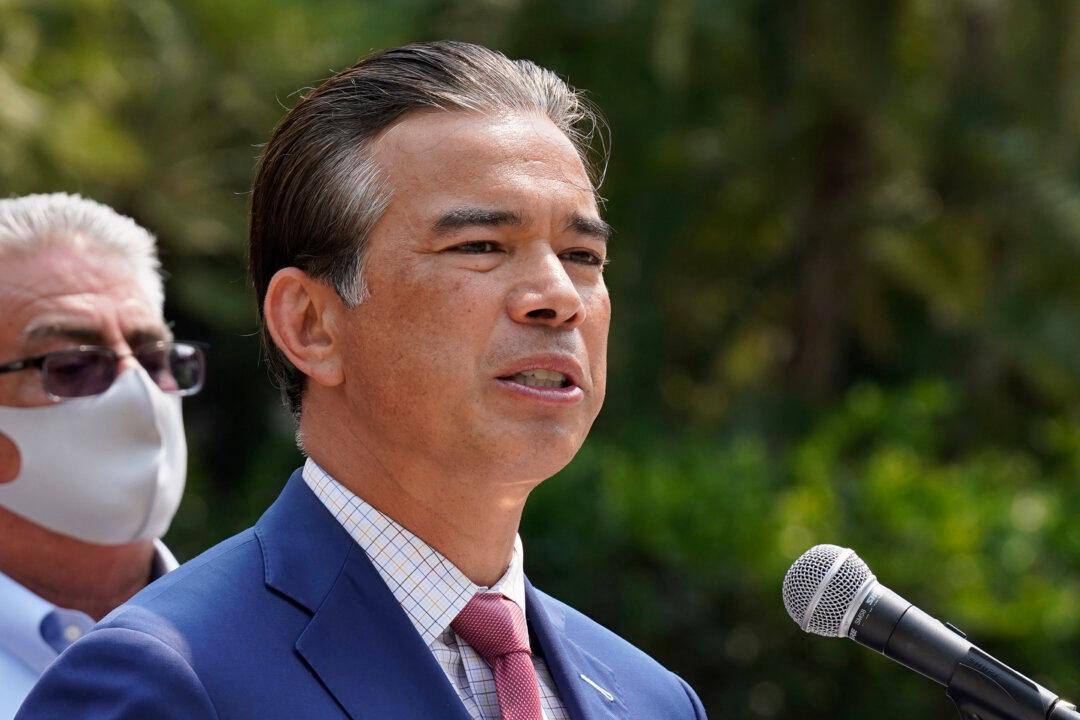After the Supreme Court’s landmark Second Amendment ruling in June, California’s attorney general encouraged law enforcement officials in the state to deny firearm carry permits to individuals with a history of “hatred and racism”—whether expressed in social media posts or elsewhere.
The problem is that in these politically polarized times, defining hatred and racism is problematic, leading to definitions that disfavor the beliefs of conservatives and others who don’t toe the “woke” or politically correct line, critics say. Allowing these concepts to be used in the gun-permitting process is a recipe for abuse and could lead to violations of gun-permit applicants’ Second and First Amendment rights, they say.





